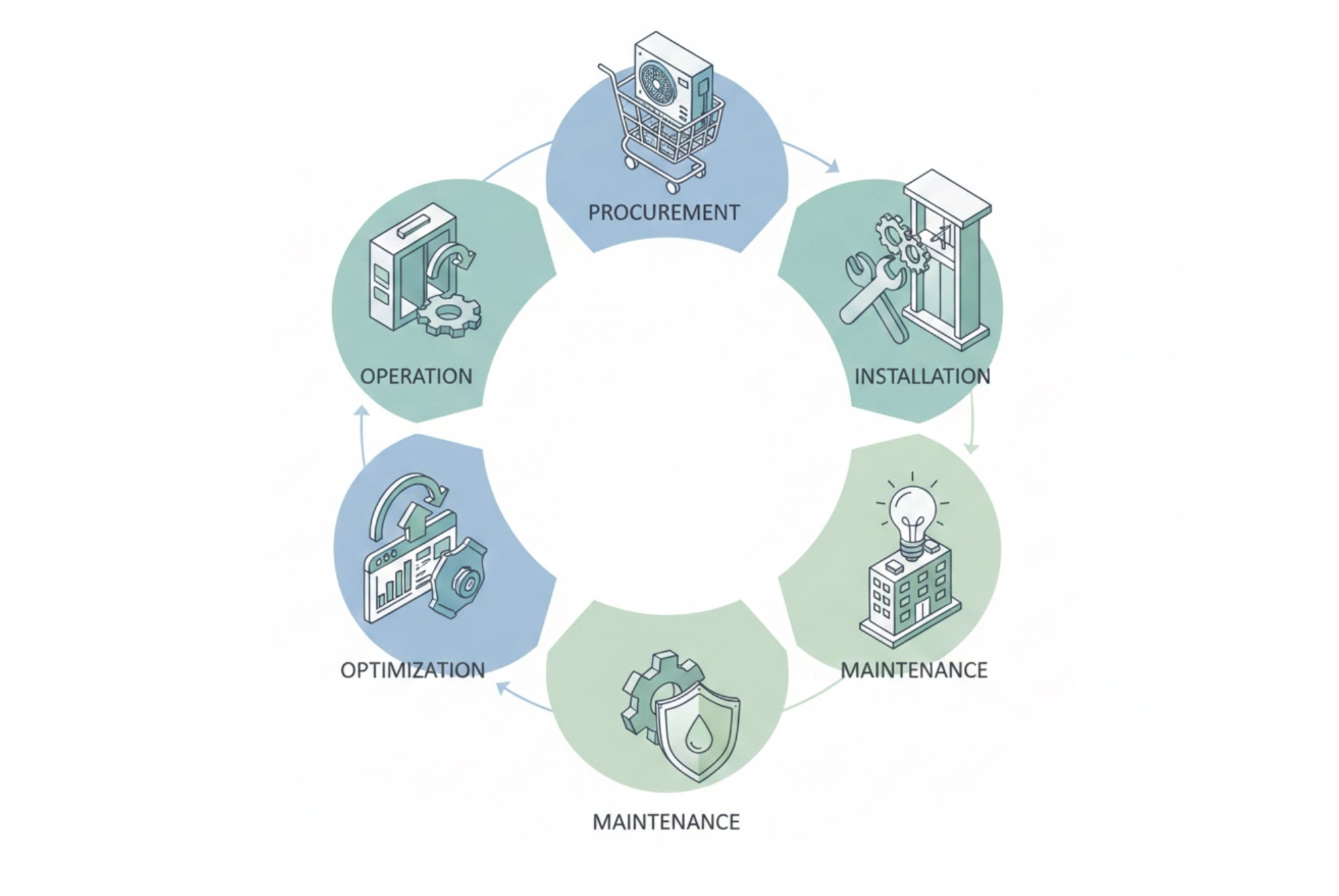Construction Has Started, But the Contract Isn’t Signed: What Now?
In the fast-paced world of construction project management, the adage “better safe than sorry” rings especially true. Initiating construction without a signed contract poses serious risks that both contractors and clients need to navigate carefully. This blog post will delve into the implications of beginning work under these circumstances and highlight best practices to mitigate potential fallout.
Key Concepts and Risks
When construction commences without a formal agreement, several risks emerge, often leading to disputes and complications. One of the primary issues is implied acceptance. Commencing work may be interpreted as acceptance of unilateral contract terms, compelling stakeholders to adhere to conditions they did not explicitly agree upon. This can create challenges, especially if the terms are unfavorable.
Even in the absence of a signed written agreement, a contract can become enforceable based on the actions of the involved parties. Courts may assert a binding contract exists if behaviors indicate a mutual intention to be held accountable. This scenario leaves parties vulnerable, making the resolution of disputes more complicated. Essentially, the lack of clarity in roles and responsibilities weakens positions, leading to misunderstandings and potential liabilities.
Reasons to Get the Contract Signed Before Construction Starts
One of the most critical reasons to ensure a signed contract exists before construction starts relates to negotiation time. Crafting contract terms often requires substantial time investment. Initiating work prematurely can lead to misunderstandings, potential delays, and a lack of alignment on project goals. Invariably, client and contractor interests may diverge at critical junctures, necessitating careful negotiations that could have been settled before work commenced.
Moreover, embarking on construction without a signed agreement can raise significant insurance coverage concerns. Without formal documentation, parties cannot assume appropriate insurance is in place, thus exposing them to financial risks should problems arise.
Considerations of the Statute of Frauds in your jurisdiction are also vital. Certain contracts, especially those related to real estate, must be signed to be enforceable. Although this does not apply universally, maintaining clarity and ensuring all agreements are documented is prudent.
Case Examples and Legal Precedents
Numerous legal precedents demonstrate risks associated with proceeding without a signed contract. The case of E-21 Engineering and George Pridemore & Son., Inc. v. Traylor Brothers, Inc. illustrates that actions taken without a formal agreement can bind parties to imposed terms, even if those terms were not intentionally agreed upon. Similarly, a decision by the Court of Appeals of Tennessee established that a contract remained enforceable despite lacking signatures, further affirming how conduct can define contractual obligations.
Best Practices for Mitigating Risks
To avoid potential disputes and chaos, it’s paramount to ensure that all parties sign the contract before work commences. Documenting all agreements is vital to establishing mutual intentions and can serve as vital evidence should disputes arise. Developing a practice of keeping detailed records of negotiations and communications can significantly enhance your position in case of legal challenges.
Another essential best practice is regular review and finalization of contract terms. Taking the time to communicate clearly and ensure all parties are on the same page regarding obligations, expectations, and deliverables can save you from future headaches.
Use Cases and Emerging Innovations
With the advancement of digital contract management, workflows become streamlined, ensuring prompt signing and clarity for all parties involved in construction projects. Using construction project management software, stakeholders can track contract statuses, compliance, and financial management effectively. Tools offered by Zepth are integrated specifically for this purpose, helping to facilitate communication and manage documents seamlessly. If you want to know how Zepth’s solutions can benefit your construction projects, check out our Construction Management Solutions.
Zepth’s Role in Construction Management
Leveraging the power of AI in construction, Zepth’s platform enhances contract management, from initiation to execution. This integration ensures that all parties are aligned, facilitating communication to make certain that contracts are signed before any construction begins. Furthermore, through robust risk management features, Zepth assists teams in identifying and mitigating risks associated with unsigned contracts.
In essence, effective construction management relies heavily on communication and collaboration among all project stakeholders. The tools provided by Zepth facilitate these interactions, reducing the possibility of misunderstandings and disputes throughout the construction lifecycle. With features like Project Financials and Jobsite Management, project teams can optimize their workflows and maintain compliance, ensuring smoother project execution.
In summary, starting construction without a signed contract incurs considerable risks, ranging from implied acceptance of unfavorable terms to legal disputes. Ensuring all parties sign the contract beforehand, documenting all agreements, and utilizing advanced project management software like Zepth can help mitigate these risks and pave the way for successful project outcomes.




